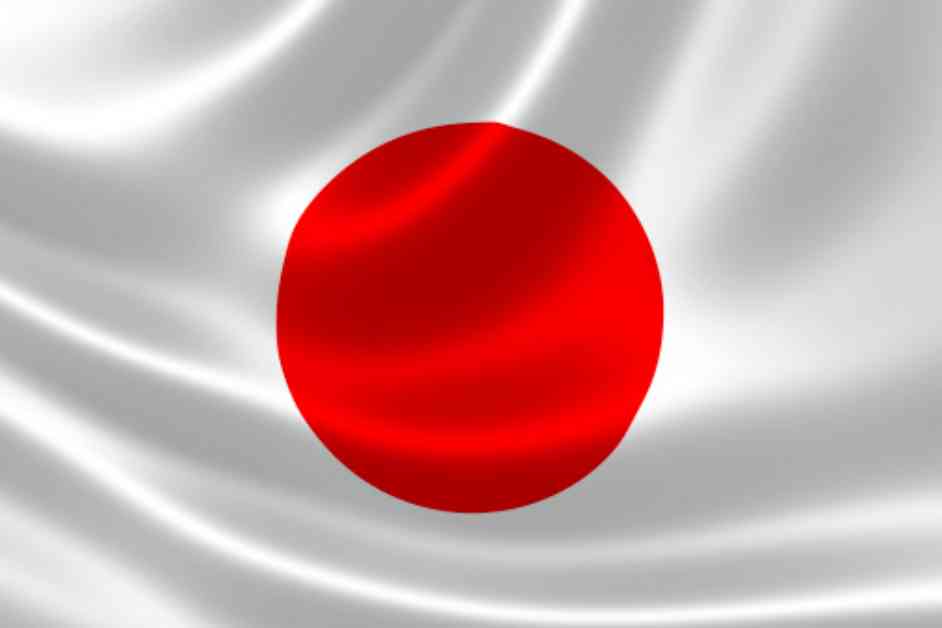The recent minutes from the Bank of Japan’s meeting on April 25-26 have shed light on the concerns surrounding the impact of the weak Yen on inflation. Board members are keeping a close eye on the risks posed by the currency’s depreciation and are considering potential monetary policy responses.
According to the minutes, some members of the board highlighted the importance of exchange rates in influencing economic activity and prices. They suggested that adjustments to monetary policy may be necessary if there are significant changes in the economic outlook or associated risks.
One board member pointed out the challenges of managing international finance, stating that monetary policy should not be used as the sole tool to stabilize foreign exchange rates. However, they acknowledged that if exchange rate movements start to affect firms’ long-term inflation expectations and behavior, it could lead to increased risks of price fluctuations, requiring monetary policy adjustments.
The minutes also revealed a consensus among members that the Bank of Japan would consider adjusting its level of monetary accommodation if underlying inflation trends align with forecasts. Any shifts in the economic outlook, price dynamics, or associated risks would prompt the board to make changes to the policy interest rate.
It is clear from the minutes that the Bank of Japan is closely monitoring the situation and stands ready to take action to ensure price stability and support economic growth. The central bank remains vigilant in its commitment to achieving its inflation target and will adjust its policy stance as needed in response to evolving economic conditions.
Overall, the minutes highlight the delicate balance that the Bank of Japan must strike in managing the impact of exchange rates on inflation while also supporting sustainable economic growth. As the global economy continues to face uncertainties and challenges, the central bank’s careful monitoring and proactive stance will be crucial in navigating these complex dynamics.
















